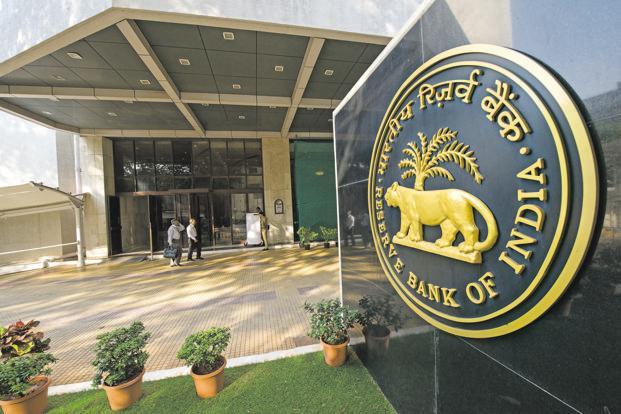The six monetary policy committee (MPC) members unanimously agreed to a large rate cut to shield the economy from the pandemic and arrest slowdown in demand.
The members suggested that the flow of finance should continue, and there must be efforts to preserve financial stability. They observed that the pandemic has not destroyed the production capability of the economy. Once the situation starts to normalise, domestic demand will need to be stimulated, they said.
The central bank must preserve its accommodative stance for as long as necessary to revive growth. Even as the impact of the pandemic is severe, the macroeconomic fundamentals of the economy continue to be sound, especially in comparison with the conditions that prevailed in the aftermath of the global financial crisis, observed Reserve Bank of India (RBI) Governor Shaktikanta Das.
“We are living through an extraordinary time and the situation currently facing the country is unprecedented. It, therefore, becomes imperative to make all-out efforts to protect the domestic economy from the adverse impact of the pandemic,” Das said, adding the central bank will continue to remain vigilant “and will not hesitate to use any instrument — conventional and unconventional — to mitigate the impact of Covid-19, revive growth, and preserve financial stability”.
Accordingly, the central bank came with a host of liquidity measures, lowered repo rate by 75 basis points (bps), and reverse repo rate by 90 bps. Out of six, four members — Das, Deputy Governor Michael Patra, Executive Director Janak Raj, and External Member Ravindra Dholakia — voted for a 75-bps rate cut. External members Chetan Ghate and Pami Dua voted for a 50-bps cut. “The Covid-19 pandemic is an invisible assassin which needs to be contained quickly before it spreads and wreaks havoc on valuable human lives and the macroeconomy,” observed Das.
“The industry and services sector activity are likely to be severely impacted. The extent of the adverse impact would depend upon the intensity, spread, and duration of Covid-19,” he added.
Other members were also alarmed at the economic destruction. However, the lockdown was also necessary to prevent the spread of the contagion, they said. The setback to economic activity could be cushioned by the fall in oil prices. However, remittances could also witness a fall.
In such an environment, the RBI has to level up its game. The monetary policy has to provide confidence and assuage fears. This would also involve easing financing conditions for individuals and firms, and ensure markets don’t freeze, observed Patra.
“The MPC is being called upon to rise beyond its mandate. The MPC must show the way with the powerful decision it wields. By doing so, it will leverage and catalyse the RBI into a battlefront role that has to be undertaken for the greater common good,” said Patra.

Notwithstanding the hit to the economy, the inflation rate is expected to remain benign, observed Raj. Fall in commodity prices, a virtual freeze in global trade, and travel have generated unforeseen volatility in several macroeconomic and financial variables, identification of which for modelling purposes is practically impossible.
“Furthermore, assigning probabilities on outcomes in times of infrequent but high-impact events such as the pandemic for projection purposes is extremely daunting,” said Raj.
Dholakia said the current real policy repo rate is unduly high, when most comparator countries have cut their real policy rates to zero.
“It is time to correct our real policy rates substantially,” said Dholakia. He suggested reducing the reverse repo rate beyond the quantum of repo rate cut, thereby discouraging banks to park their excess liquidity with the RBI and encouraging them to get into the corporate bond market. “The RBI should also stop the clock for three-four months for recognition of defaults and downgrades to reduce panic and provide support; reduce statutory liquidity ratio substantially to overcome liquidity crunch for credit expansion and such other measures,” said Dholakia.
Dua said the slowdown in economic activity poses challenges to financial stability, “especially in the wake of recent development in one private sector bank”. She voted for a 50-bps rate cut, which would allow further room for cuts if the situation warrants. While observing that the production capacity of the economy has not been destroyed, Ghate noted the current fiscal stimulus (Rs 1.7 trillion, which is about 0.8 per cent of gross domestic product, announced on March 26) is more of a relief measure and not a stimulus.
“A relief is not a permanent fix,” said Ghate. “The effect of this measure will be to lead to a small rise in consumption in the short run, but the effect will dissipate quickly,” he said.
Monetary policy, in the context, should “minimise the fall in aggregate demand”, said Ghate.
Given the lockdown imposed in the country, the MPC meeting was preponed to March 24, 26, and 27, from the originally scheduled March 31, April 1, and 3.
